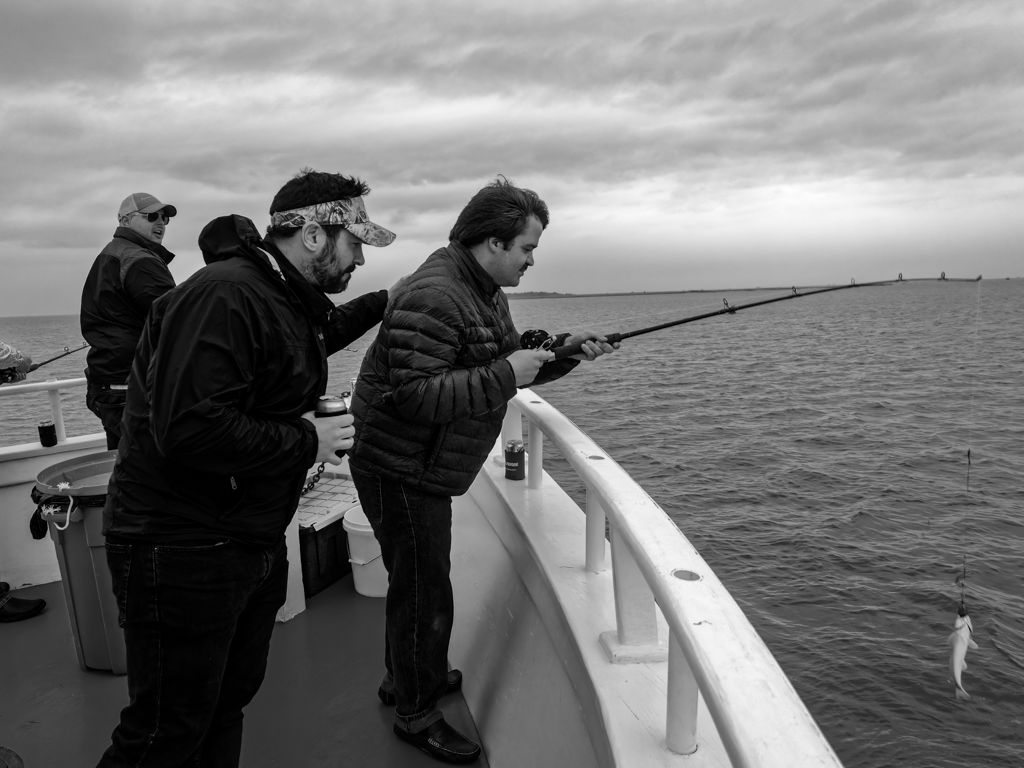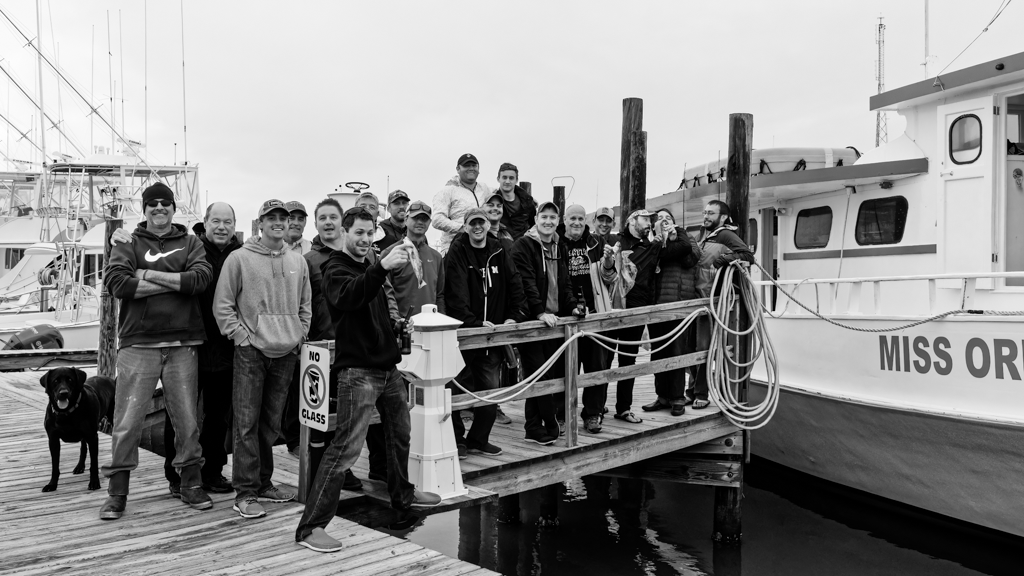Intoxicated Guests: A Comprehensive Wedding Guide
- Introduction to Handling Intoxicated Guests
- Recognizing the Signs of Intoxication
- Establishing a Responsible Alcohol Service Policy
- Assigning a Designated Wedding Buddy to aid your wedding photographer
- Training Your Wedding Staff for Alcohol Management
- Providing Non-Alcoholic Options and Hydration Stations
- Offering Food and Snacks Throughout the Event
- Setting Up a Safe Transportation System
- Implementing a Last Call Policy
- Monitoring Guests’ Alcohol Consumption
- Communicating with Intoxicated Guests
- Resolving Potential Conflicts
- Ensuring Safety of All Guests
- Dealing with Uncooperative Intoxicated Guests
- Managing the Aftermath of Intoxicated Guest Incidents
- Legal Responsibilities and Liability Concerns
- Working with Your Wedding Planner and Venue
- Preparing for Unforeseen Challenges
- Seeking Professional Guidance and Support
- Conclusion: A Safe and Memorable Wedding Experience
- Introduction to Handling Intoxicated Guests
Weddings are a time for celebration, love, and joy. you want to capture magical moments from your wedding photographer However, sometimes guests may indulge in alcohol and become intoxicated. To ensure a safe and enjoyable experience for everyone, it is essential to have a plan in place for handling intoxicated guests. In this article, we will discuss the best strategies for managing intoxicated guests, keeping them safe, and minimizing disruptions to your special day.
Recognizing the Signs of Intoxication
Firstly, it’s important to be aware of the signs of intoxication. These may include slurred speech, unsteady walking, impaired coordination, and aggressive behavior. By recognizing these signs early, you can intervene and prevent any potential issues from escalating.
Establishing a Responsible Alcohol Service Policy
Before the wedding, establish a responsible alcohol service policy. This can include limiting the number of drinks per guest, offering a cash bar instead of an open bar, or setting a time limit for alcohol service. Communicate this policy with your bartender or venue staff to ensure it is enforced throughout the event.
Assigning a Designated Wedding Buddy
Appoint a trusted friend or family member as the designated “wedding buddy” to keep an eye on intoxicated guests. This person should be responsible, sober, and capable of handling any potential issues that may arise. Their primary role is to monitor guests’ behavior and intervene when necessary to ensure everyone’s safety.
Training Your Wedding Staff for Alcohol Management
Before the event, provide your wedding staff with proper training on how to handle intoxicated guests. This includes teaching them how to identify the signs of intoxication, when to cut off a guest from alcohol, and how to manage conflict resolution. This will empower your staff to manage any situations that may arise effectively.
Providing Non-Alcoholic Options and Hydration Stations
Ensure that there are plenty of non-alcoholic beverage options available for guests who choose not to drink or who may need a break from alcohol consumption. Additionally, set up hydration stations with water and electrolyte-rich beverages to help prevent dehydration and overindulgence.
Offering Food and Snacks Throughout the Event
Providing food throughout the event can help counteract the effects of alcohol and reduce the likelihood of overconsumption. Offer a variety of snacks and appetizers during cocktail hour, a substantial meal during dinner, and late-night snacks for guests to enjoy.

Setting Up a Safe Transportation System
Arrange for safe transportation options for your guests, such as designated drivers, taxis, or a shuttle service. This will not only help prevent intoxicated guests from driving but will also show your commitment to their safety and well-being.
Implementing a Last Call Policy
Establish a “last call” policy, signaling the end of alcohol service at a set time before the end of the reception. This allows guests time to wind down and sober up before leaving the venue. Communicate this policy to your guests and staff to ensure a smooth transition towards the conclusion of your event.
Monitoring Guests’ Alcohol Consumption
Keep an eye on guests’ alcohol consumption throughout the event. You want to have those documentary wedding photos to capture your wedding day however encourage bartenders and servers to track the number of drinks each guest has had and to be mindful of those who may be overindulging. This will help prevent potential issues related to excessive alcohol consumption.
Communicating with Intoxicated Guests
When dealing with intoxicated guests, approach them calmly and respectfully. Use a non-confrontational tone and try to understand their perspective. Offer assistance, such as a non-alcoholic beverage, food, or a safe ride home, to help diffuse the situation.
Resolving Potential Conflicts
Intoxicated guests may become argumentative or disruptive. If this occurs, it’s essential to address the situation promptly and calmly. Separate the individuals involved and speak with them privately to deescalate the situation. If necessary, enlist the help of security personnel or local authorities.
Ensuring Safety of All Guests
The safety of your guests should be your top priority. Implement measures to prevent accidents, such as keeping walkways clear, securing any loose decorations, and monitoring the dance floor for potential hazards. Regularly check-in with your designated wedding buddy and staff to ensure everyone’s well-being.
Dealing with Uncooperative Intoxicated Guests
In some cases, intoxicated guests may become uncooperative or refuse assistance. If this happens, enlist the help of your designated wedding buddy, venue staff, or security personnel to address the situation. It may be necessary to ask the guest to leave the event if their behavior poses a risk to themselves or others.
Managing the Aftermath of Intoxicated Guest Incidents
If an incident involving an intoxicated guest occurs, address the situation promptly and professionally. Assess the damage, if any, and work with your venue and vendors to rectify the issue. Communicate with your guests to reassure them that their safety and enjoyment remain your top priority.
Legal Responsibilities and Liability Concerns
Be aware of your legal responsibilities regarding intoxicated guests. In some jurisdictions, hosts may be held liable for damages or injuries caused by intoxicated guests. Consult with a legal professional to understand your obligations and consider purchasing event insurance to protect yourself from potential liability.
Working with Your Wedding Planner and Venue
Collaborate with your wedding planner and venue to develop a comprehensive plan for handling intoxicated guests. This includes discussing the alcohol service policy, staff training, and safety measures. By working together, you can create a seamless and enjoyable event for everyone involved.
Preparing for Unforeseen Challenges
Despite thorough planning, unforeseen challenges may arise. Prepare for these by having backup plans and a support network ready to step in and address any issues. This includes discussing potential scenarios with your wedding planner, venue staff, and wedding buddy, and having a clear understanding of their roles and responsibilities.
Seeking Professional Guidance and Support
Consider consulting with professionals, such as experienced wedding planners or local wedding photographers, who have dealt with intoxicated guests in the past. They can offer valuable insights, tips, and advice based on their experiences to help you navigate any potential issues that may arise.
Conclusion: A Safe and Memorable Wedding Experience
By implementing these strategies, you can effectively manage intoxicated guests, ensuring the safety and enjoyment of all attendees. By prioritizing responsible alcohol service and communication, you can create a memorable wedding experience that everyone will cherish for years to come. Remember, your wedding day is a celebration of love and unity – don’t let intoxicated guests overshadow the magic of this special occasion. By being proactive and prepared, you can minimize disruptions and create a safe, enjoyable, and unforgettable event for all of your guests.

